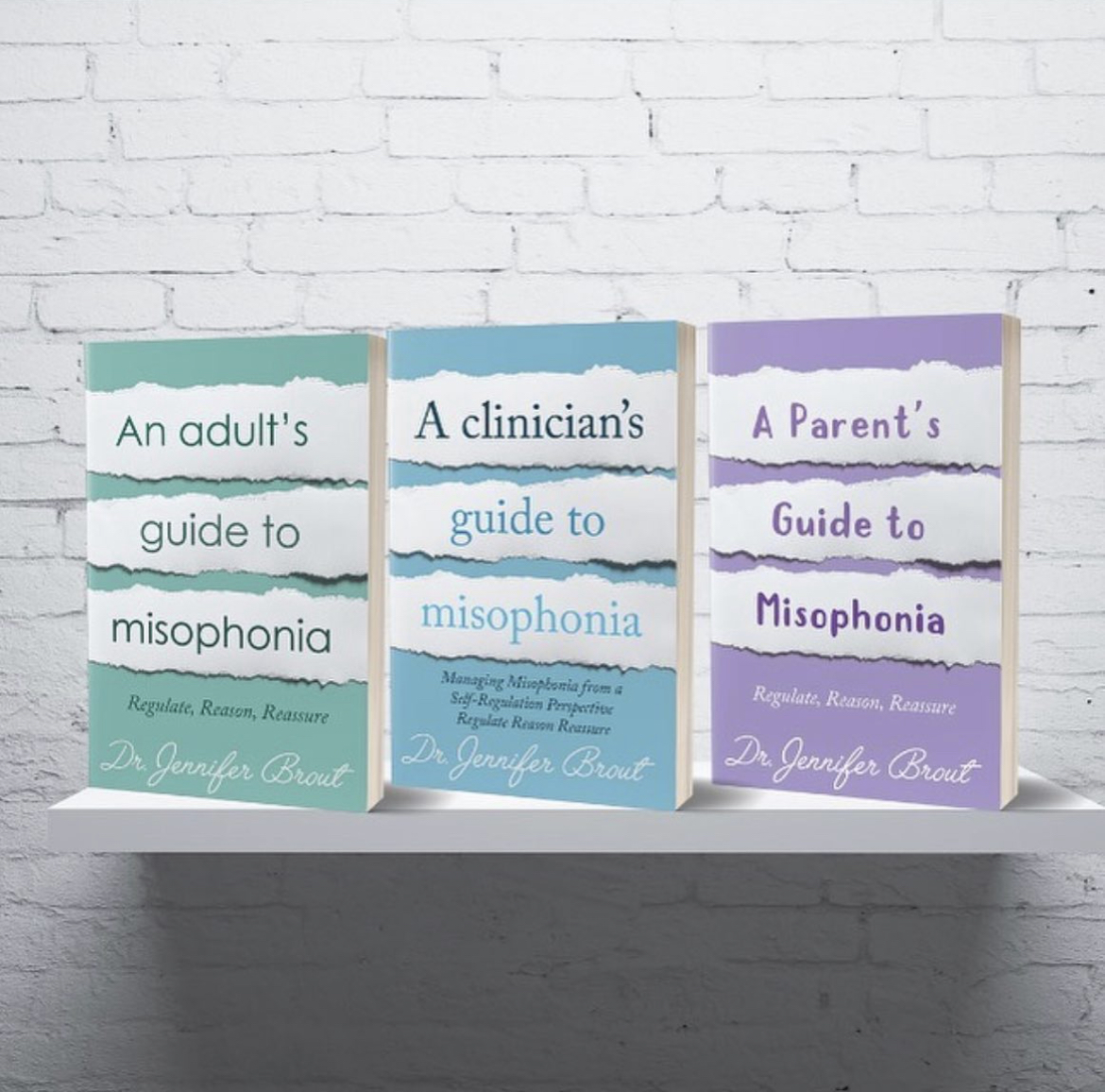Misophonia is best described as neurophysiological disorder in which certain auditory stimuli are misinterpreted as dangerous, or toxic. Individuals with misophonia are set off, or “triggered” by repetitive, patterned-based sounds, such as chewing, coughing, pencil tapping, sneezing, etc. Some individuals with misophonia also describe visual triggers.
When an individual with misophonia is triggered, they experience autonomic nervous system arousal (e.g. the fight/flight response). This is accompanied by continual physiological and emotional stress. Although the misophonia research is in its infancy, many researchers agree that it is related to atypical connections between the parts of the brain that process auditory information and the parts of the brain that process emotion.
As of now there is no evidenced-based treatment for misophonia. However, developing coping skills is very helpful for many individuals. Coping skills development for misophonia includes a combination of Cognitive Behavior Therapy (CBT), supportive individual, family, and couples counseling, as well as techniques that help an individual learn to self-regulate (or calm their physiological and emotional responses to misophonia triggers).
 All three of Dr. Brout’s Guides to Misophonia are based on Regulate, Reason, Reassure (RRR). RRR is a coping skills approach to help individuals better manage misophonia. RRR was developed by Dr. Jennifer Brout through her own experiences as a clinician, a sufferer of misophonia, and the mother of an adult child who showed signs of misophonia at a young age. RRR gives individuals the tools to help mediate misophonia and provides easy to follow guidelines and work sheets to ensure they have the skills to continue practicing RRR.
All three of Dr. Brout’s Guides to Misophonia are based on Regulate, Reason, Reassure (RRR). RRR is a coping skills approach to help individuals better manage misophonia. RRR was developed by Dr. Jennifer Brout through her own experiences as a clinician, a sufferer of misophonia, and the mother of an adult child who showed signs of misophonia at a young age. RRR gives individuals the tools to help mediate misophonia and provides easy to follow guidelines and work sheets to ensure they have the skills to continue practicing RRR.
The clinicians who are called upon to assess and help individuals with misophonia are vast, as we do not yet know what misophonia is. Without understanding the disorder, we certainly don’t know how to treat it. While research is underway, we are still without a validated treatment. Given this, I have developed an approach to help those with misophonia cope with the disorder based on the integration of both physiologically and cognitively based interventions, as well as psychoeducation and interdisciplinary consultation.
Private classes are available for families who wish to work with Dr. Brout JB@drjenniferbrout.com